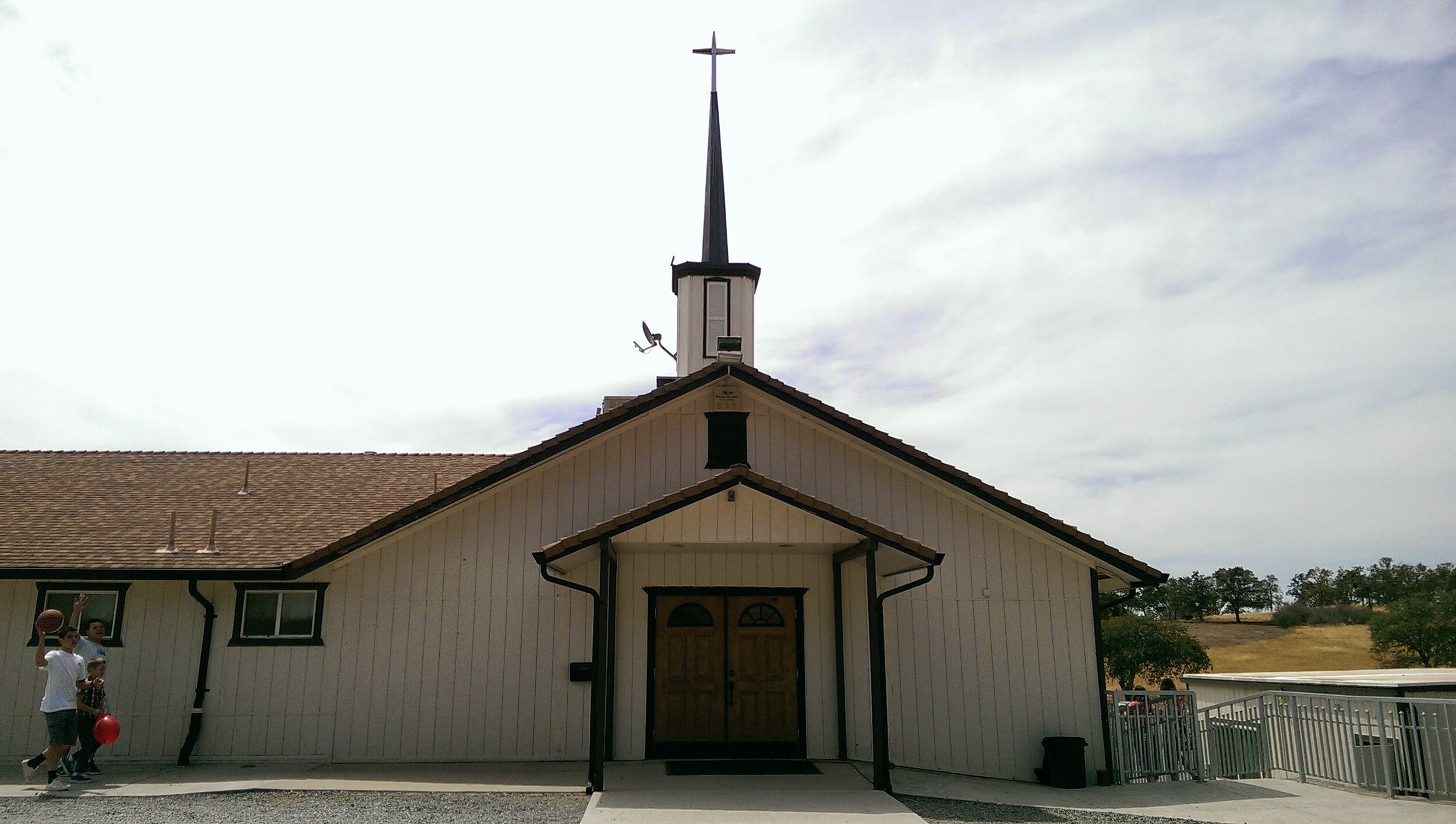Christ crucified – a stumbling block to the Jews, nonsense to the Gentiles.
So when we preach that Christ was crucified, the Jews are offended and the Gentiles say it’s all nonsense. 1 Corinthians 1:23 (NLT2)
Right out of the gate, Jesus was offensive to the Jewish rulers of his day. He exposed their hypocrisy, shined the light on their greed, confronted their abuse of power, pulled their pants down on their empty religiosity. They responded with the usual tactics of those in power, trick questions, false information, name-calling, intimidation, and eventually elimination. Never mind truth, integrity, and justice.
Right out of the gate, the Jewish people loved Jesus. He lived what He preached, spoke with real spiritual authority, refreshingly confronted their hypocritical leaders, healed people, fed folks, and demonstrated genuine divine power. They loved Him so much they wanted to make him king, although they changed their minds, rather quickly. Jesus ended up not being political enough, too slow, addressing their sins first, rather than personal, political, and national needs and dreams. They settled for a violent political rebel.
Jesus became a stumbling block to the Jews because He didn’t give them the priority they thought they deserved as God’s chosen people. He didn’t deliver on the changes they wanted, liberation from Rome, restoration of Davidic/Solomonic glory, a seat at the table with powers of the day. He didn’t fit their religious interpretations, their personal dreams, or their national aspirations. Just one of these is enough to make someone stub their toes on Jesus.
The Greeks dismissed Jesus as nonsense. The Apostle Paul was dismissed as a “babbler” when spoke to their intellectual elite about the crucified and risen from the dead Jesus, at the Areopagus. Anything that challenged tolerance of religious plurality was deemed nonsense; and it is not a far journey from nonsense to dangerous. Pilate, the Roman governor who signed off on Jesus' crucifixion order, escaped dealing with the truth of Jesus by declaring truth to be ambiguous. He felt the political heat and made truth secondary to politics, and it is not a far journey from there to the cross of Christ.
Jesus Christ was crucified because, “God loves this, our world, so no one who believes in Him will have to perish in the judgment of God, but instead will have eternal life” (John 3:16).
He died according to the plan and will of God. He died because you and I are sinners. He died because He did not fit the politics of Israel or Rome. He was put on a cross because He did neither fit the nationalistic and bloated theology of the Jews, nor the Greek’s intellectualism, spiritual eclecticism, and political pragmatism. He was crucified because He let no one highjack Him for their own personal and political ends. He died to save you and me, mankind, on the only terms it can be saved, God’s terms, Christ’s terms.
Startling, isn’t it, here we are 2000 years later, and the reality of our politics is that we still think our own wisdom is better than God’s, still try to highjack Jesus for what serves us and our agenda and politics, still have not come to grips with human depravity and our personal sin, still settle for human substitutes rather than to repent at the foot of the cross of Christ.
To God be all glory. Love you, Pastor Hans
